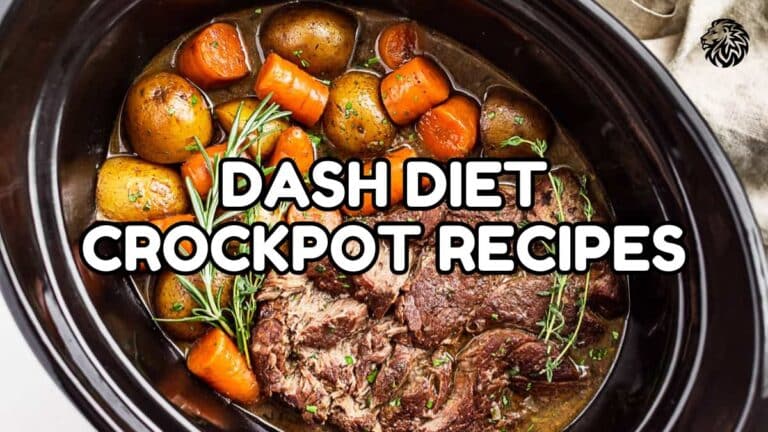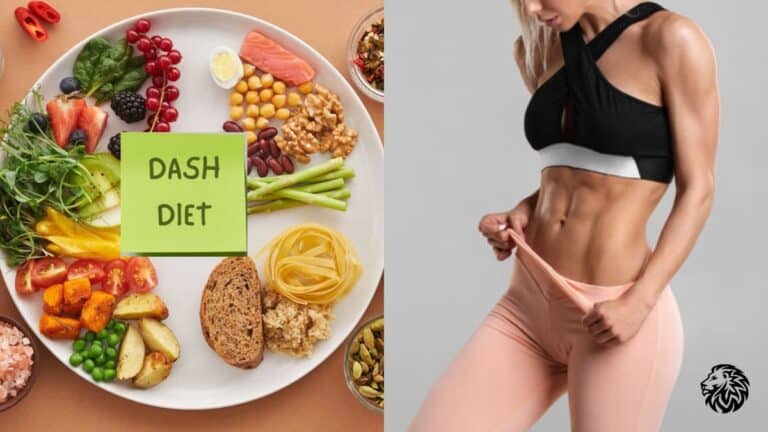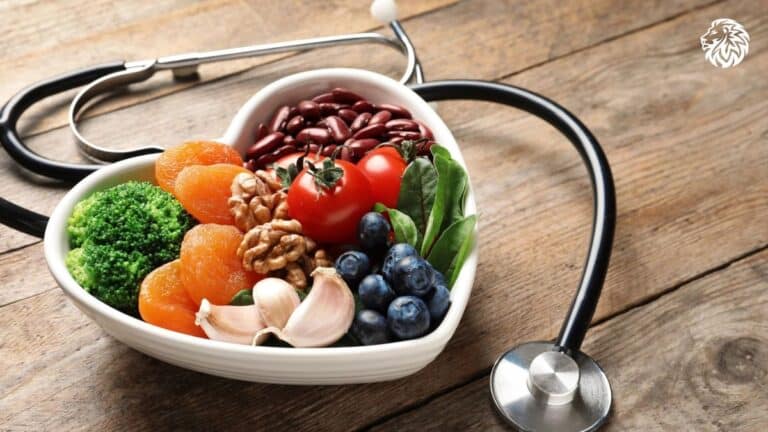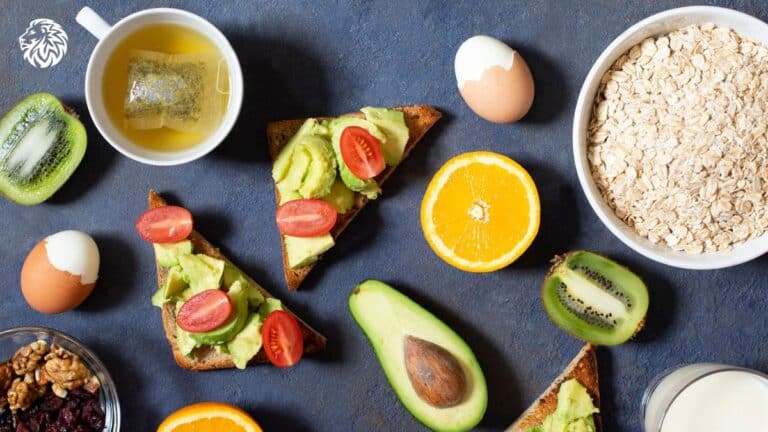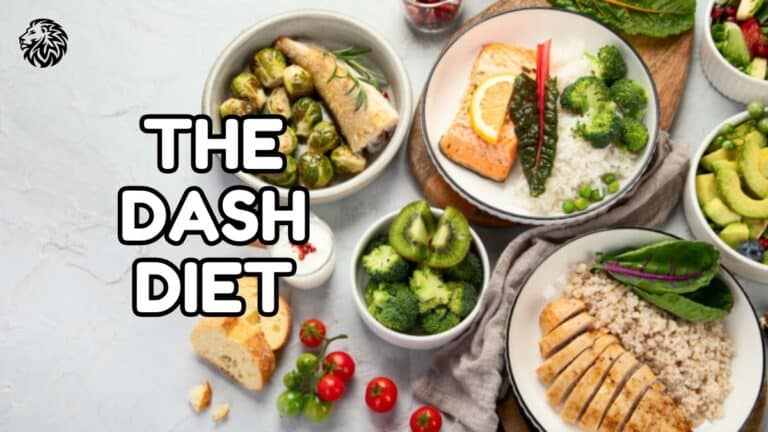If you’re thinking about starting the DASH (Dietary Approaches to Stop Hypertension) diet, you may be wondering how your daily coffee habit fits into this heart-healthy lifestyle. After all, coffee is a staple for many, and giving it up can feel like a daunting prospect. The good news is that, in most cases, you don’t have to bid farewell to your favorite cup of joe. In this comprehensive guide, we’ll dive deep into the relationship between coffee and the DASH diet, so you can enjoy your brew while staying on track with your health goals.
What Is the DASH Diet?
Before we get into the details about coffee, let’s first understand what the DASH diet is all about. The DASH diet was initially designed to help lower blood pressure, but over the years, it’s gained recognition for its broader health benefits, including weight loss and improved heart health.
The core principles of the DASH diet revolve around reducing sodium intake while focusing on nutrient-rich foods. This means filling your plate with fruits, vegetables, whole grains, lean proteins, and low-fat dairy products. DASH encourages the reduction of saturated fats, sugars, and red meat, while boosting your intake of essential minerals like potassium, magnesium, and calcium—nutrients that are particularly effective at managing blood pressure.
The Coffee Question: Can You Drink Coffee on the DASH Diet?
Now, let’s address the burning question: Can you have coffee while on the DASH diet? The simple answer is yes—coffee is not explicitly prohibited on the DASH diet. However, there are several important factors to consider in order to enjoy coffee without compromising the health benefits of this diet.
Understanding the Role of Caffeine
The biggest concern surrounding coffee on the DASH diet usually relates to caffeine. Caffeine is a stimulant that can temporarily raise blood pressure, which might seem contradictory to the DASH diet’s primary goal of lowering blood pressure. But, in moderate amounts, caffeine is unlikely to cause long-term harm for most people, especially if you’re generally healthy and not particularly sensitive to its effects.
How Does Caffeine Affect Blood Pressure?
When you drink coffee, caffeine can cause a short-term spike in blood pressure. However, this effect tends to be temporary and varies widely from person to person. Some people are more sensitive to caffeine and may experience more pronounced increases in blood pressure, while others may notice little to no change at all.
It’s important to keep in mind that this blood pressure spike is typically brief, lasting only a few hours. For most individuals, this temporary increase in blood pressure doesn’t lead to chronic hypertension or negate the benefits of the DASH diet. However, if you already have high blood pressure and are particularly sensitive to caffeine, it’s a good idea to monitor your intake and see how it affects your numbers.
How Much Coffee Is Too Much?
While coffee is allowed on the DASH diet, moderation is key. The American Heart Association suggests that moderate coffee consumption—about 2 to 3 cups per day—doesn’t have a significant impact on blood pressure for most people. However, excessive consumption (more than 4 to 5 cups per day) may raise your risk for heart issues, particularly if you’re sensitive to caffeine.
If you’re following the DASH diet and enjoy coffee, try to limit your intake to a moderate amount. Stick to around 1 to 3 cups per day, and avoid drinking it too late in the day, which could disrupt your sleep, another important factor in maintaining heart health.
Choosing the Right Coffee Additions: The DASH Diet-Friendly Way
What you put in your coffee can be just as important as the coffee itself. One of the key principles of the DASH diet is reducing the intake of added sugars, saturated fats, and excess sodium. Unfortunately, many popular coffee drinks at cafes or from the grocery store are loaded with these exact ingredients in the form of flavored syrups, whipped cream, and full-fat milk or cream.
Here are some DASH-friendly tips for keeping your coffee both delicious and healthy:
1. Skip the Sugar
Many coffee lovers enjoy their drinks with sugar or flavored syrups, but these additions can quickly increase your calorie and sugar intake. Instead of sugar, consider using a small amount of natural sweetener like stevia or monk fruit, both of which are calorie-free and won’t spike your blood sugar levels.
2. Choose Low-Fat Dairy or Dairy Alternatives
The DASH diet encourages low-fat or fat-free dairy, so when adding milk or cream to your coffee, opt for skim milk or a plant-based alternative like almond or oat milk. Be mindful of plant-based milks, though, as some can be high in added sugars. Always check the label to ensure you’re choosing a low-sugar option.
3. Avoid High-Calorie Add-Ins
Creamers, flavored syrups, and whipped toppings can add significant amounts of calories, sugar, and saturated fats to your coffee. Instead, flavor your coffee with spices like cinnamon, nutmeg, or vanilla extract, which add a tasty kick without the unhealthy extras.
4. Watch Out for Sodium
While coffee itself doesn’t contain much sodium, some commercially available flavored creamers and coffee additives can sneak in a surprising amount of salt. Check the labels if you’re using pre-packaged creamers, and opt for low-sodium versions where possible.
Decaf vs. Regular Coffee: Does It Matter?
For those who are particularly sensitive to caffeine or are concerned about its potential effects on blood pressure, decaf coffee can be a great alternative. Decaffeinated coffee still provides the rich flavor and aroma of regular coffee without the stimulating effects of caffeine. However, keep in mind that decaf coffee isn’t entirely caffeine-free—it usually contains about 2 to 5 milligrams of caffeine per cup compared to the 95 milligrams in a regular cup of coffee.
Switching to decaf, or alternating between regular and decaf throughout the day, is a practical strategy to enjoy coffee without overloading on caffeine, especially if you’re trying to reduce your intake.
The Benefits of Coffee on the DASH Diet
Interestingly, coffee has its own set of health benefits, which can complement the positive effects of the DASH diet. Coffee is a rich source of antioxidants, particularly polyphenols, which can help reduce inflammation and protect against chronic diseases. Research has shown that regular coffee consumption is associated with a reduced risk of conditions such as Parkinson’s disease, Alzheimer’s disease, and certain types of cancer.
Moreover, some studies suggest that coffee may have a protective effect on heart health when consumed in moderation. For example, moderate coffee consumption has been linked to a lower risk of stroke and heart failure, although the exact mechanisms behind this benefit are still being studied.
When consumed mindfully and in moderation, coffee can be a welcome addition to a healthy lifestyle, even on a diet focused on managing blood pressure.
Practical Tips for Enjoying Coffee on the DASH Diet
If you’re ready to enjoy coffee while staying true to the principles of the DASH diet, here are some practical tips to keep in mind:
- Start with moderation: Limit your coffee intake to 1-3 cups per day.
- Monitor your blood pressure: If you’re concerned about caffeine’s effect on your blood pressure, consider checking your numbers before and after drinking coffee to see how your body responds.
- Opt for healthy additions: Use low-fat milk, unsweetened plant-based alternatives, and spices like cinnamon for flavor.
- Avoid sugar-laden drinks: Steer clear of high-sugar coffee drinks and creamers, which can counteract the health benefits of the DASH diet.
- Stay hydrated: Coffee is a mild diuretic, meaning it can cause increased urination. Make sure to drink enough water throughout the day to stay hydrated.
Conclusion: Coffee on the DASH Diet? Yes, Please!
In summary, the DASH diet is a flexible, heart-healthy eating plan that doesn’t require you to give up your beloved coffee. As long as you enjoy it in moderation and pay attention to what you’re adding to your cup, coffee can be a part of your DASH-friendly routine. Be mindful of caffeine’s potential effects on blood pressure and choose low-fat, low-sugar add-ins to stay aligned with the diet’s principles.
Whether you prefer a morning espresso, a smooth cold brew, or a warm latte, rest assured that coffee can coexist with the DASH diet. Enjoy your brew—your heart and taste buds will thank you!

